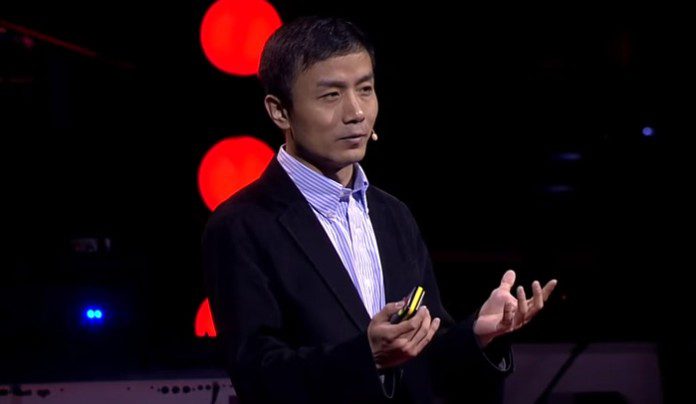There are many forms of media censorship and often times, it affects the way you receive the news. It’s generally accepted that some news stories are edited for length, but there are some other measures employed to ensure that some information doesn’t become public. For instance, a video sent of a beheading will be censored in order to protect the public from disturbing and violent images.
While others believe that sensitive information should be kept private, there is a faction that promotes the unleashing of information, no matter how secret. Should it be allowed or should there always be a level of security when it comes to providing information? Let’s take a look at the pros and cons of media censorship:
List of Pros of Media Censorship
1. It protects children from violent images.
The world is a dangerous place- that is a fact. And news about just how bad the place we live in will always make the news. For families that watch television together, they are all exposed to what the media is going to feed them. When news reports on casualties and such, media outlets blur out the bodies of the victims. While children are definitely protected by these, adults are also spared having to see the results of violence.
Today, the problem of censorship is getting harder and harder given that everything has become so much more accessible. Thanks to the internet, that censored video you saw on your local news can be viewed sans blurring.
2. It protects privacy.
When a minor commits a crime, their identity is hidden so they can be protected from harm. Doing this gives them a chance to get a job or a college education when they become adults. However, when that same minor commits punishable behavior as an adult, then they are no longer protected.
Some news outlets also don’t reveal the identity of victims of rape. This is done in order to protect the individual from public humiliation.
List of Cons of Media Censorship
1. It doesn’t help citizens at all.
In other words, if the media keeps on controlling what information can be released to the public, it runs the risk of keeping them ignorant. How can we form opinions and ideas when the information needed for those is being blocked? For instance, government documents are usually kept confidential. But you have groups now like WikiLeaks that expose problems within the US government.
In addition, the duty of media companies is to serve the interests of the public. Then again, how can you do that faithfully when that puts them at odds with corporations that control media voices.
2. It is in violation of the First Amendment.
People have the right to speak and not allowing that violates their rights. Why make freedom of speech and press part of the constitution but not allow citizens to practice it? Some parties believe that there are certain kinds of information that should not be censored as long as it can help us understand what’s going on a lot better. And there are also parties who believe that a certain level of censorship is required to protect citizens.
Crystal Lombardo is a contributing editor for Vision Launch. Crystal is a seasoned writer and researcher with over 10 years of experience. She has been an editor of three popular blogs that each have had over 500,000 monthly readers.


















